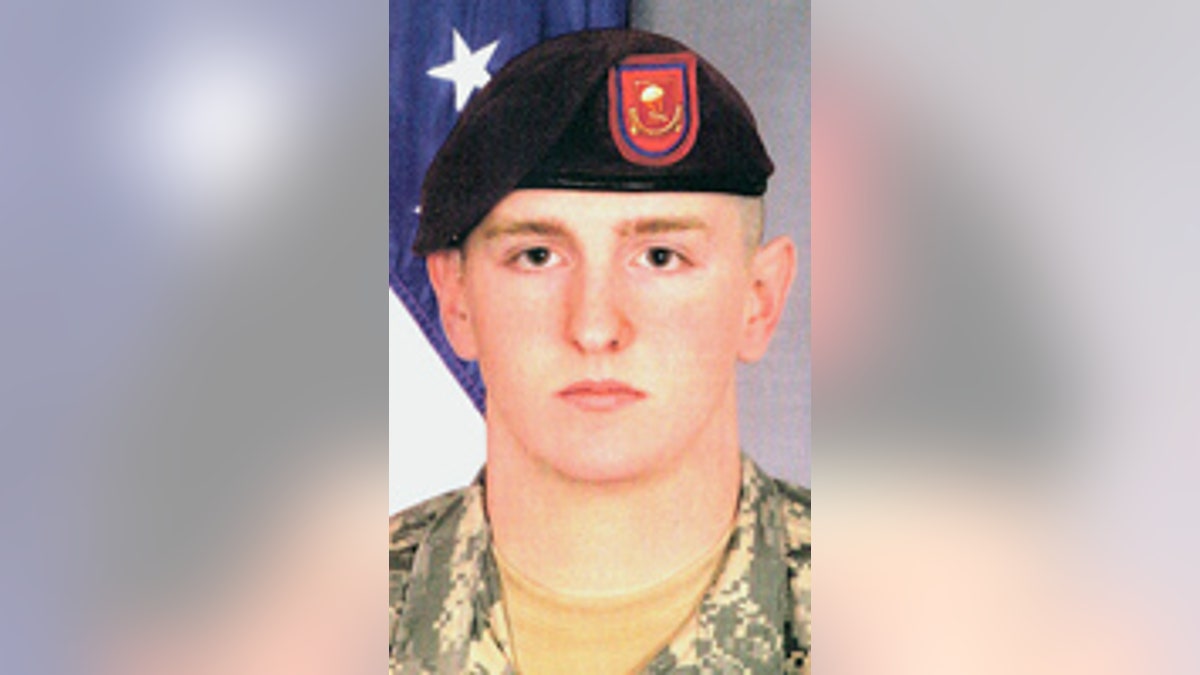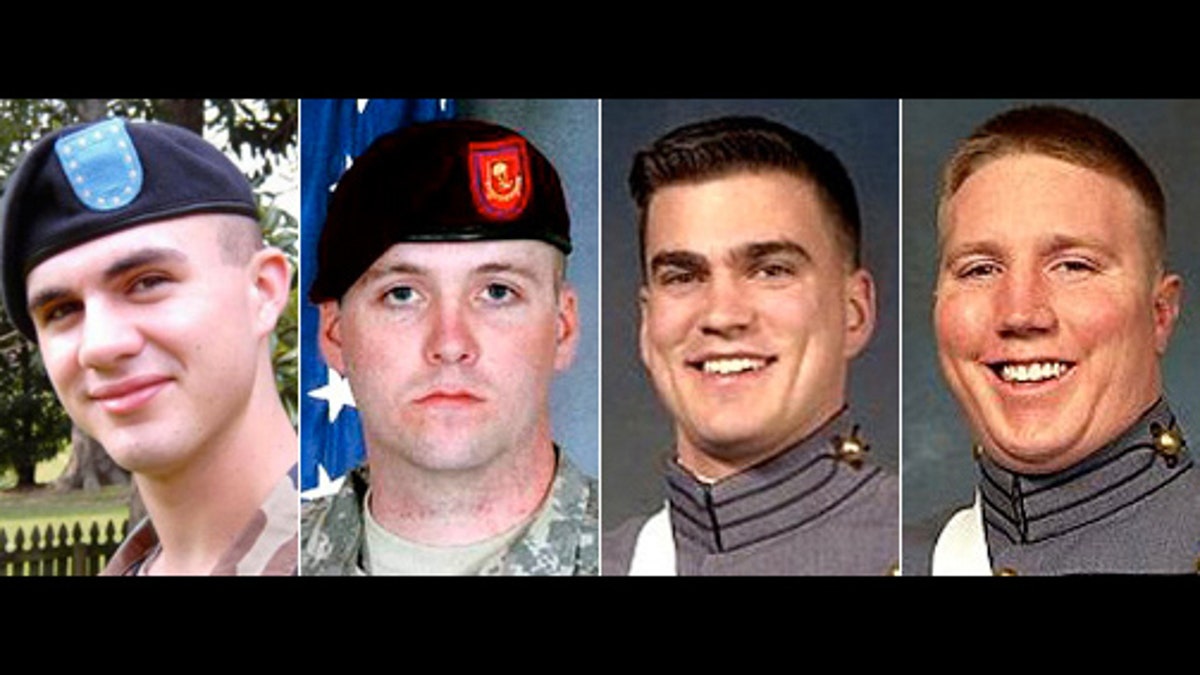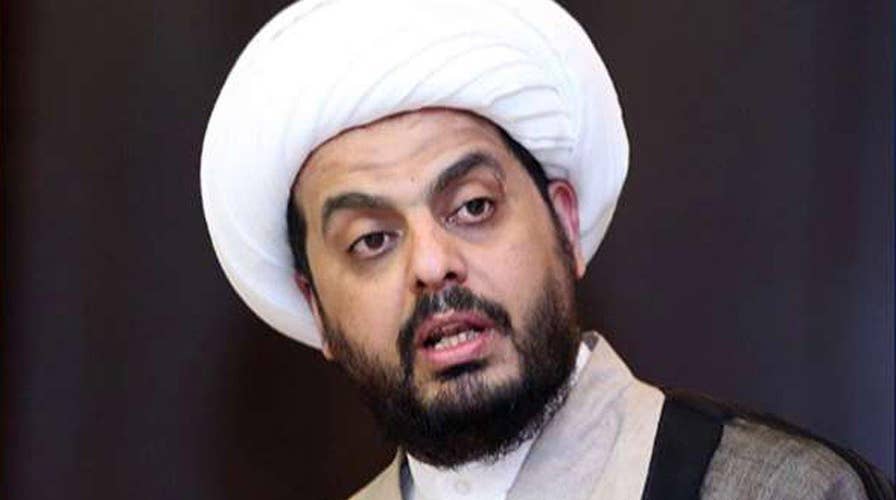Militia head threatens to kill more Americans in Iraq
Qais al-Khazali taunts U.S. ahead of battle for Mosul
The powerful commander of an Iran-backed Shiite militia in Iraq -- whom the U.S. freed after the kidnapping deaths of four American soldiers in 2007 -- has hinted that his fighters could blend in with Iraqi forces to kill Americans on the battlefield in Mosul.
Qais al-Khazali, leader of the paramilitary group Asaib Ahl al-Haq, "brags that he can wear any uniform in the Iraqi military, meaning that right now, his men are part of the Iraqi security forces that our men and women are training and advising. All he has to do is give the order," former military intelligence officer Michael Pregent told Fox News' Heather Nauert on "America's Election HQ" Monday. "He will return to violence, and he has American blood on his hands."
The militia commander told Reuters last month, "The Americans do not trust us because we resisted them during the occupation. There is no prospect (for cooperation)."
He also claimed the U.S. did not want to destroy the Islamic State outright, but simply wanted to "exploit" the Sunni terror network as part of its goal to draw new borders across the Middle East.
The U.S. captured al-Khazali in 2007 and accused him of helping mastermind a sophisticated attack on an Iraqi government compound in the southern city of Karbala, in Shiite territory. Of the five U.S. soldiers who died in the January 2007 attack, according to U.S. officials, four had been kidnapped and executed several miles away.

Pfc. Johnathon Millican received a posthumous Silver Star for jumping on a grenade to try saving his comrades.
The militant leader was handed over to Iraqi officials in 2010 around the same time a militia freed the British hostage Peter Moore. The U.S. denied it was a "quid pro quo," saying al-Khazali's release was part of a security agreement to move some suspects into Iraqi custody.
Eventually, al-Khazali reappeared on the battlefield.

(From left to right) Spc. Johnathan Chism, Pfc. Shawn Falter, Capt. Brian Freeman and 1st Lt. Jacob Fritz were executed in 2007, officials said.
"We were fighting Al Qaeda during the surge, but a lot of people don't know that we were also targeting the very same militias that are now part of this coalition. And anybody who was in the military then, or in the intelligence commmunity, can't understand why we are now working with these Shia militias," Pregent told Fox News. He said Iran's elite Quds force helped set up the 2007 raid.
Families of some of the U.S. soldiers killed sued Iran last year, accusing its government of directing the attack with the help of its militias.
The Pentagon announced last month the U.S. would send more than 500 additional troops to Iraq in order to help its army try retaking Mosul from ISIS.
Fox News' Heather Nauert contributed to this report.

